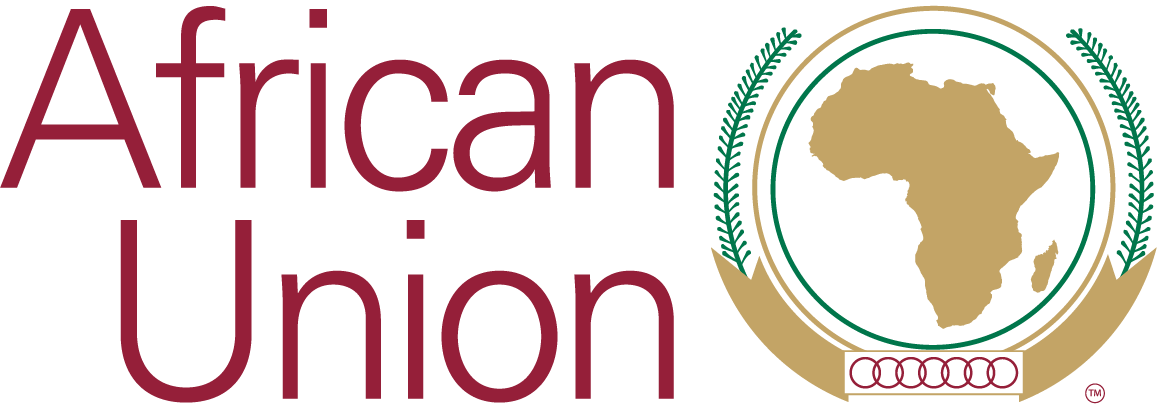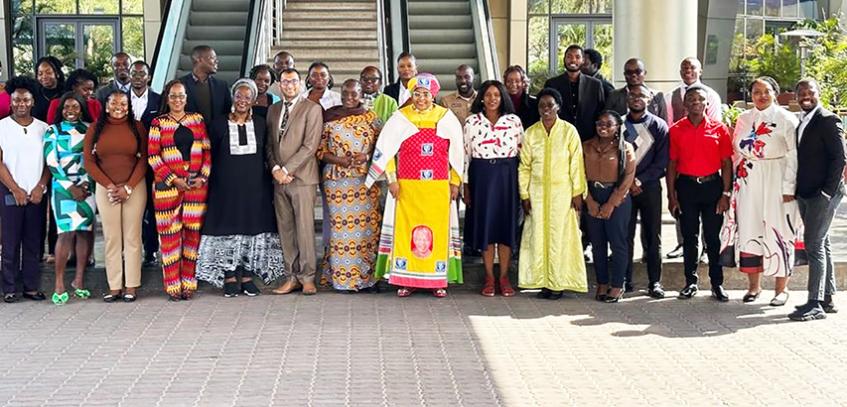The Civil Society Engagement led by the Pan-African Parliament Permanent Committee on Gender, Family, Youth and People with Disability, has kicked off in Lusaka, Zambia. The consultation on the Legal Framework of the Draft Model Law on Gender Equality will run until 5 July 2023.
Over 50 representatives of civil society organisations based in Southern Africa are gathered in Lusaka for this exercise.
From the onset, participants were briefed on the expected outcomes of the engagement to ensure that the feedback and recommendations collected through these consultations are adequately incorporated into the legal framework of the draft model Law.
In her opening remarks, Hon. Miriam Dao Gabala, Chairperson of the Committee on Gender encouraged participants to be innovative and thought-provoking in their contributions, while ensuring that the meeting adopts a methodology that produces tangible outputs.
“We have a very big responsibility as a group tasked with thinking about the framework of this critical model law. When we write a law, it is not to defend oneself. To contribute to writing a law is to go beyond the individual to see the interest of African society, and guide the social behavior of several generations after us,” said Hon. Gabala.
Hon. Gabala highlighted the following targets at the end of the three-day consultation:
- Identification of deficiencies in the Maputo Protocol identified and measures to address them in the proposed Model Law.
- Compilation of proposals and recommendations from CSOs on the legal framework of the proposed Model Law.
- Exploration of various issues and factors affecting the realisation of gender equality in Africa, including the implementation of quota systems.
- Sensitisation of stakeholders about the significance of effective implementation of the Maputo Protocol and its incorporation into domestic legal frameworks in relation to safeguarding women’s rights.
Hon. Mirriam Chonya, a Member of the Zambian delegation to the Pan-African Parliament and Member of the Committee on Gender told the audience that the business-as-usual approach has not made us achieve much. She applauded the Pan-African Parliament for choosing to undertake this very important meeting in Zambia saying the country has a very vibrant CSO that is also committed towards gender advocacy.
“I am particularly elated that this meeting will engage various stakeholders such as Civil Society Organisations in order to interrogate various issues affecting our continent including looking at the proposed Model Law on Gender Equality. This is an opportunity for candid conversations about how we can attain gender equality among the other issues of discussion,” said Hon. Chonya.
This pilot consultation is held in collaboration with the African Union Economic, Social and Cultural Council (ECOSOCC).
Representing Mr. William Carew, Head of ECOSOCC Secretariat, Dr. Gowtam Raj Chintaram, emphasised that ECOSOCC allows African Civil Society Organizations (CSOs) to play an active role in contributing to the African principles, policies, and programs through its functions.
“As ECOSOCC, we are extremely pleased with this PAP-ECOSOCC partnership; it is said that there is beauty and power in unity; if all stakeholders present here today unite forces, then we can go a long way together. At the end of the consultations, let's hope that we are able to identify the deficiencies in the Maputo Protocol and propose measures to address them in a model law.” He noted.
Adopted by the African Union in July 2003, the Maputo Protocol is a legally binding instrument that aims to promote and protect the rights of women in Africa, with a focus on gender equality. The Protocol recognizes that gender equality is essential for the development and well-being of society and seeks to address the inequalities and discrimination that women face in all aspects of their lives. It is thus a significant instrument for promoting and protecting gender equality in Africa.
The Civil Society Engagement in Southern Africa will be followed by consultations with civil society organisations across the rest of the continent.
-Ends-








